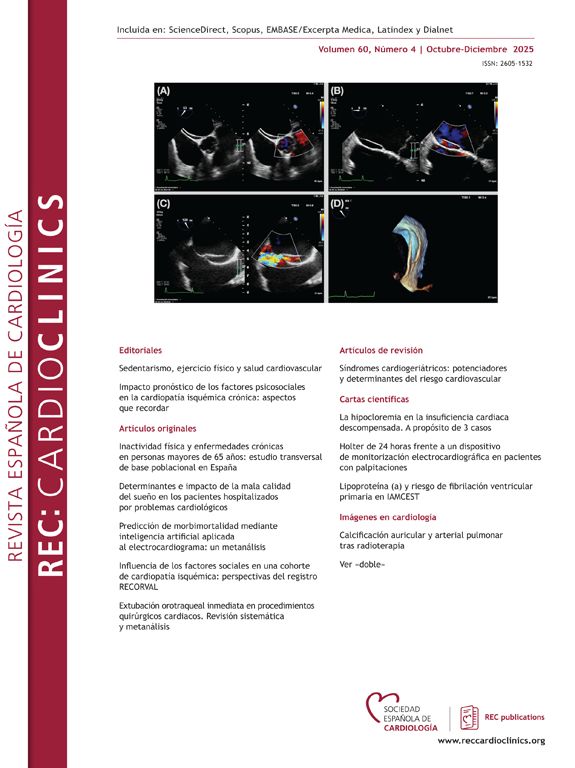I am working as a resident in my fourth year at the St. Johannes Hospital in Dortmund, Germany. Until now the focus of my research has been mainly on cardiovascular imaging and structural heart disease. Highlights of my career so far are finishing my doctoral degree and changing employer for a better education, a choice I have not regretted.
Question:How did you get into medicine and cardiology?
Answer: As my parents comply with the “healthcare relationship” stereotype, I grew up with medical influences in my daily life. I never really considered becoming anything else other than a doctor; fortunately it worked out for me. During my internships I felt that I wished to do something manual, connected with emergency medicine, something that offered me a wide range of different options for development. From my point of view cardiology combines all of this.
Q:Who are the doctors who influenced you the most?
A: Actually, my dad and my doctoral degree supervisor.
Q:What innovation do you think has had most impact in cardiology or in your area of interest?
A: I think the development in transcatheter valve repairment, especially regarding the aortic valve, has had the most impact on cardiology over the last few years. It is a huge advance and has turned a former surgical procedure into a less complicated procedure, available for a wider range of patients.
Q:What do you consider your most important achievement to date?
A: Well, there is no “most” important achievement for me, but many smaller ones. Anyway, there are two ‘big’ events: passing my doctoral degree and my first time as an interventional cardiologist.
Q:Do you have any professional project in mind that you would like to develop in the coming years?
A: We are currently developing a database for CA-125 measurement in patients with aortic valve stenosis before and after transaortic valve replacement.
Q:What would you highlight about specialized medical training in your country?
A: In Germany you do have to do a lot of self-studying, but you can also get into practical use very quickly if you make some effort. I think that is something worth highlighting.
Q:Tell us about ‘that’ clinical case that you will never forget.
A: My working experience is not that long, so I am easily impressed. Unfortunately the cases I never forget are those where something went wrong or something unexpected happened. But in my first night shift on intensive care unit there was a 50 year old patient who was kept alive with both an ECMO and an Impella. I was afraid to touch anything because his whole life was depending on these two machines. But on the other hand it was amazing to have these possibilities. Without them he would not have had a chance to survive.
Q:What advice would you give to someone who has not yet opted for cardiology?
A: Do not be afraid of ECGs, this is the most common answer for people not wanting to do cardiology. There are so many possibilities to focus on, there must be nearly something for everybody's taste in cardiology.
Q:How do you disconnect outside work?
A: I like to spend time with my family or doing physical activities. But sometimes I just need to be by myself enjoying silence.










